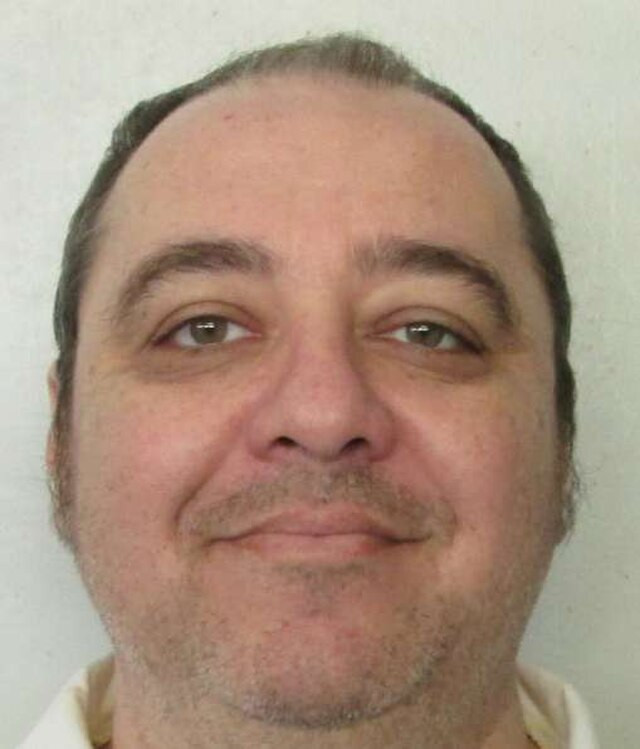The U.S. Supreme Court on Wednesday declined to halt the execution of Alabama death row inmate Kenneth Smith. Smith, who was sentenced to death for the 1988 murder for hire of Elizabeth Sennett, is set to become the first person to be executed using nitrogen gas - a method that has raised concerns about its potential to cause excessive pain or torture.
The decision to proceed with the execution, scheduled to begin on Thursday, comes after the Supreme Court's brief order, which did not elaborate on the reasons for the denial and noted no public dissent from the justices. This ruling follows a failed attempt in November 2022 to execute Smith by lethal injection, which was called off after officials struggled to insert an intravenous line before the death warrant expired.
Smith and his attorneys had appealed to the Supreme Court to pause the execution, arguing that a second attempt would amount to cruel and unusual punishment, violating the Eighth and 14th Amendments. His lawyers emphasized the severity of the physical and psychological torment Smith experienced during the initial execution attempt, including the development of post-traumatic stress disorder.
The method of nitrogen hypoxia, approved only by Alabama, Oklahoma, and Mississippi, and never before used, has been a subject of intense debate. Nitrogen hypoxia causes death by forcing the inmate to breathe only nitrogen, depriving the person of oxygen. According to Alabama's execution protocol, a mask would be fitted to the inmate's face, and nitrogen gas administered until death occurs. However, concerns have been raised about the risks involved, including the possibility of the inmate being left in a vegetative state or choking.
The UN High Commissioner for Human Rights has called on Alabama to halt the execution, stating it "could amount to torture or other cruel, inhuman, or degrading treatment or punishment under international human rights law." Dr. Joel Zivot, an associate professor of anesthesiology and surgery at Emory University, echoed these concerns, questioning whether the method would meet constitutional requirements against cruel punishment.
Alabama Attorney General Steve Marshall, in a counter-argument, described nitrogen hypoxia as "perhaps the most humane method of execution ever devised," contrasting the method with the heinous nature of Smith's crime.
This case has brought to the forefront the ongoing debate over the death penalty in the United States, particularly concerning the methods of execution. The Supreme Court, with a 6-3 conservative majority, has been generally skeptical of last-minute stay requests by death row inmates. This skepticism is rooted in the Court's ruling in 2019 against a convicted murderer in Missouri, which stated that prisoners are not guaranteed "a painless death."
The impending execution of Kenneth Smith, given the novel method involved, is set to be a landmark event in the history of capital punishment in the United States. It highlights the complexities and ethical considerations surrounding the application of the death penalty and the ongoing search for methods deemed constitutionally acceptable. As the nation awaits the outcome, the debate over the moral and legal aspects of capital punishment continues to be a contentious issue in American jurisprudence and public discourse.




